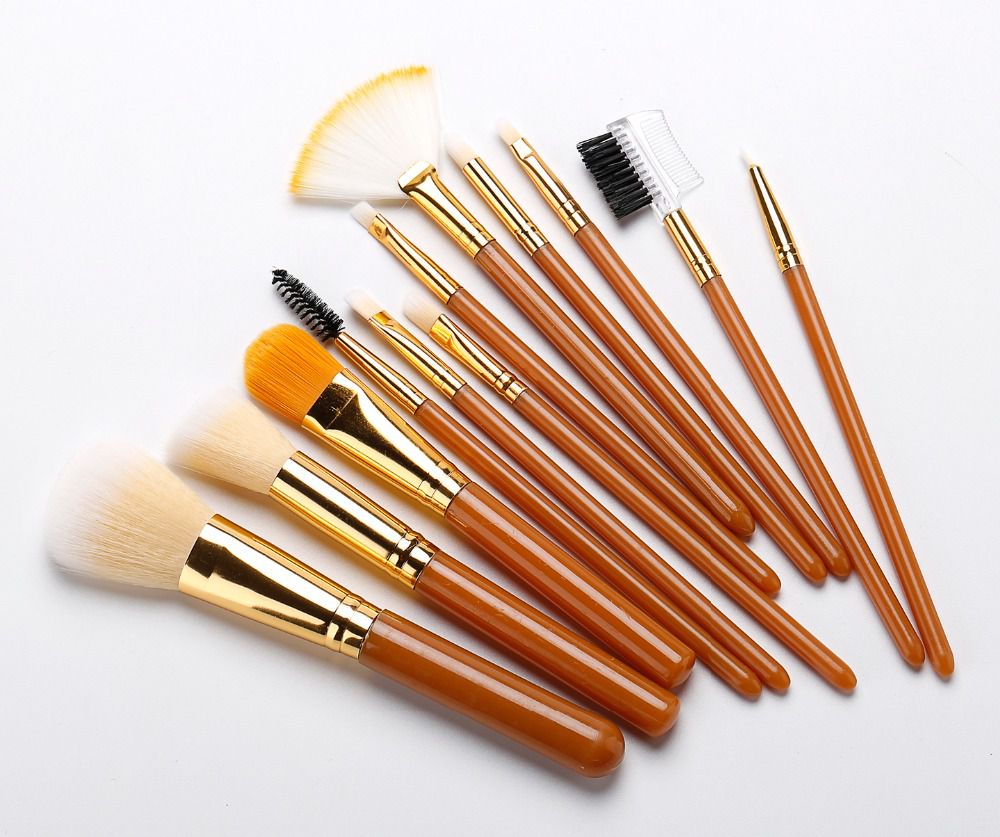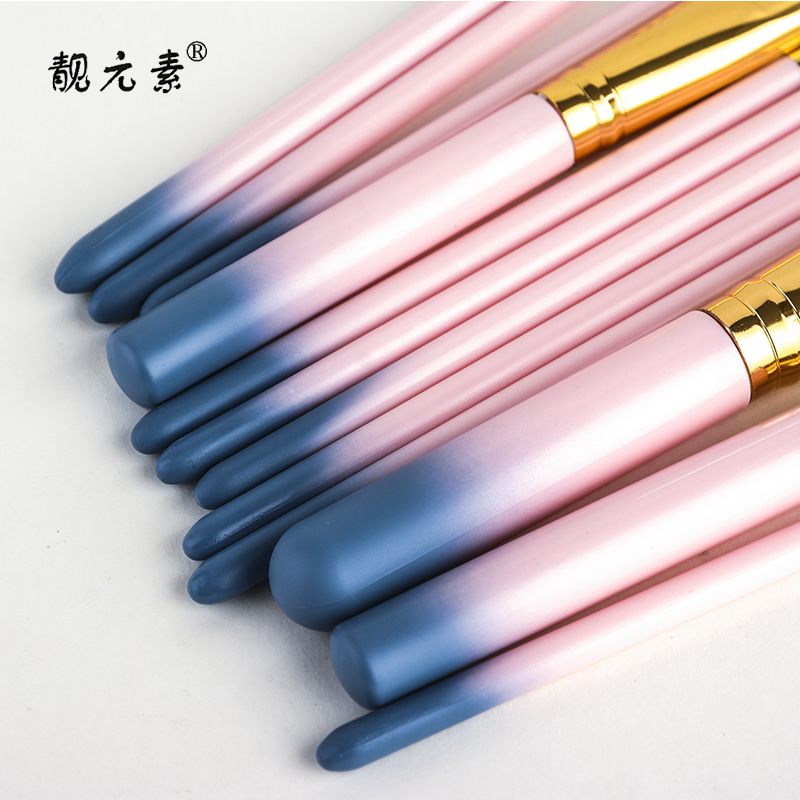Industry news
K-Beauty Influence Boosts Demand for Vegan Makeup Brushes in North America
- 906 Views
- 2025-07-09 01:31:10
K-Beauty Influence Boosts Demand for Vegan Makeup Brushes in North America
North America’s beauty industry is experiencing a notable uptick in demand for vegan makeup brushes, with industry analysts increasingly pointing to the global influence of K-Beauty as a primary catalyst. This trend reflects a convergence of cultural appeal, shifting consumer values, and technical innovation, reshaping how North American consumers approach beauty tools.

K-Beauty, renowned for its emphasis on “glass skin,” meticulous skincare-makeup synergy, and “clean beauty” ethos, has transcended product lines to become a lifestyle phenomenon in North America. Platforms like Instagram, TikTok, and YouTube have amplified this influence, with K-pop stars (e.g., BLACKPINK’s Lisa, BTS members) and K-drama celebrities showcasing elaborate makeup routines that prioritize precision tools—often vegan. These endorsements, paired with tutorials highlighting the softness and versatility of vegan brushes, have normalized the idea that ethical tools can deliver professional-grade results.
Market data underscores this growth. According to a 2024 report by Statista, the North American vegan beauty tools market is projected to grow at a CAGR of 12.3% through 2028, with makeup brushes accounting for over 40% of this expansion. A separate survey by Mintel found that 68% of Gen Z and Millennial beauty consumers in the U.S. and Canada now prioritize “cruelty-free” and “vegan” labels, up from 52% in 2020. Notably, K-Beauty brands like Innisfree and Etude House, which introduced vegan brush lines in 2022, reported a 35% year-over-year sales increase in North America, outpacing non-vegan competitors.

Central to this demand is the technical advancement of vegan brush fibers, a area where K-Beauty manufacturers have led innovation. Traditional animal-hair brushes, while once favored for softness, face criticism for ethical concerns and inconsistent quality. Vegan alternatives, made from synthetic materials like PBT (polybutylene terephthalate) and modified nylon, now mimic natural hair’s properties—even surpassing them. Korean-engineered synthetic fibers, for example, feature micro-scaled “flocking” (fine, hair-like projections) that enhance powder pickup and blending, while retaining shape after repeated washes. This durability resonates with North American consumers, who increasingly seek long-lasting, low-waste beauty investments.
Beyond ethics and performance, K-Beauty’s “holistic beauty” narrative aligns with North America’s growing focus on sustainability. Many vegan brush lines from Korean brands now include eco-friendly handles (bamboo, recycled plastic) and recyclable packaging, appealing to eco-conscious buyers. This combination of ethics, efficacy, and sustainability has turned vegan brushes from a niche product into a mainstream must-have, with retailers like Sephora and Ulta expanding their vegan brush sections by 25% in 2023 alone.
Looking ahead, the K-Beauty-vegan brush synergy shows no signs of slowing. As North American brands (e.g., EcoTools, Real Techniques) rush to launch K-inspired vegan lines, competition will likely drive further innovation—think heat-resistant fibers for cream products or customizable brush sets. Meanwhile, K-Beauty’s ability to blend cultural cachet with tangible benefits ensures its role as a trendsetter, making vegan makeup brushes not just a product, but a symbol of modern, conscious beauty.











